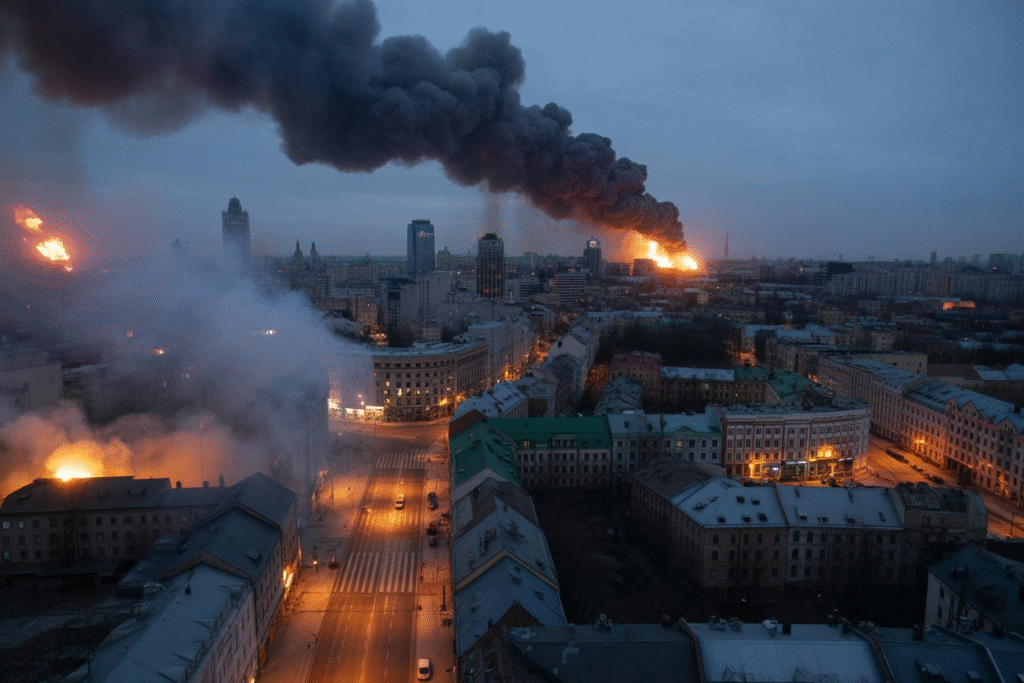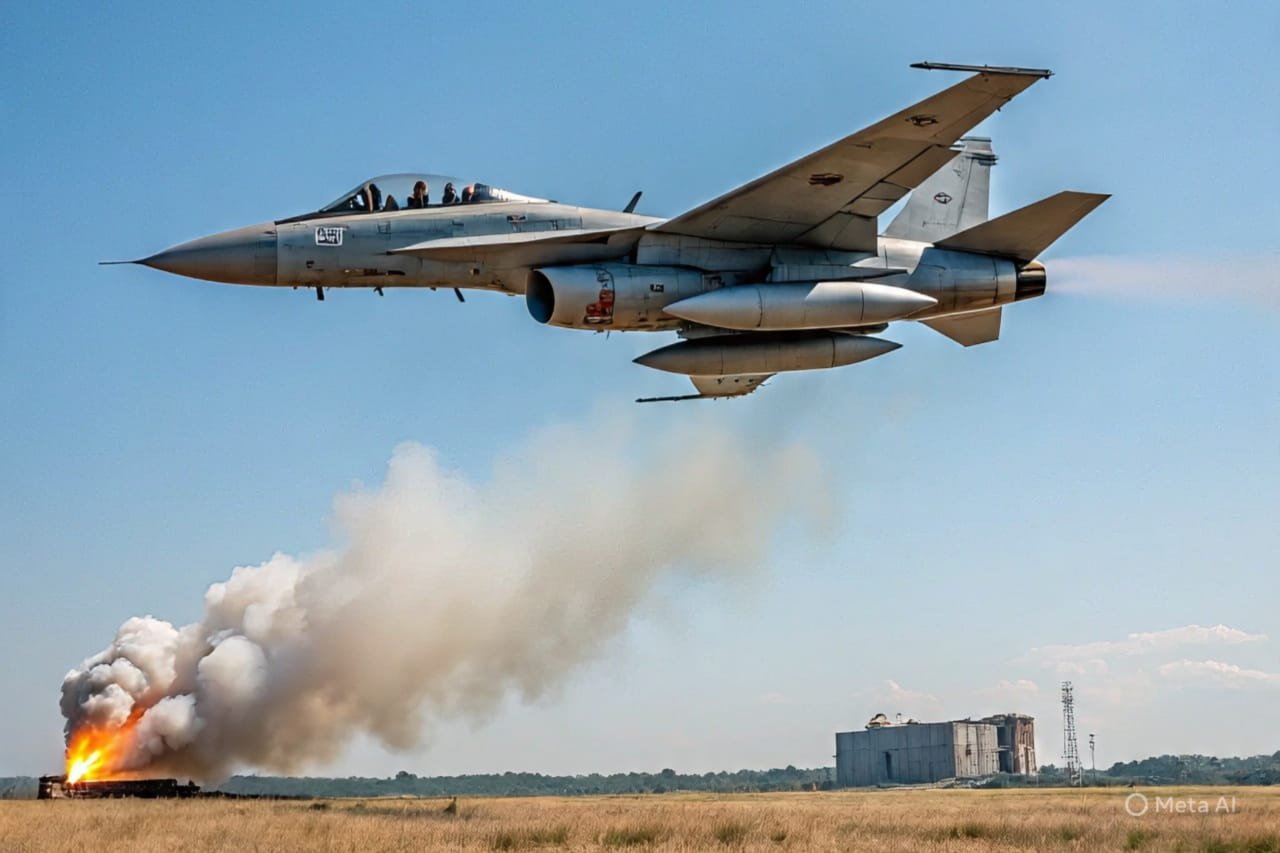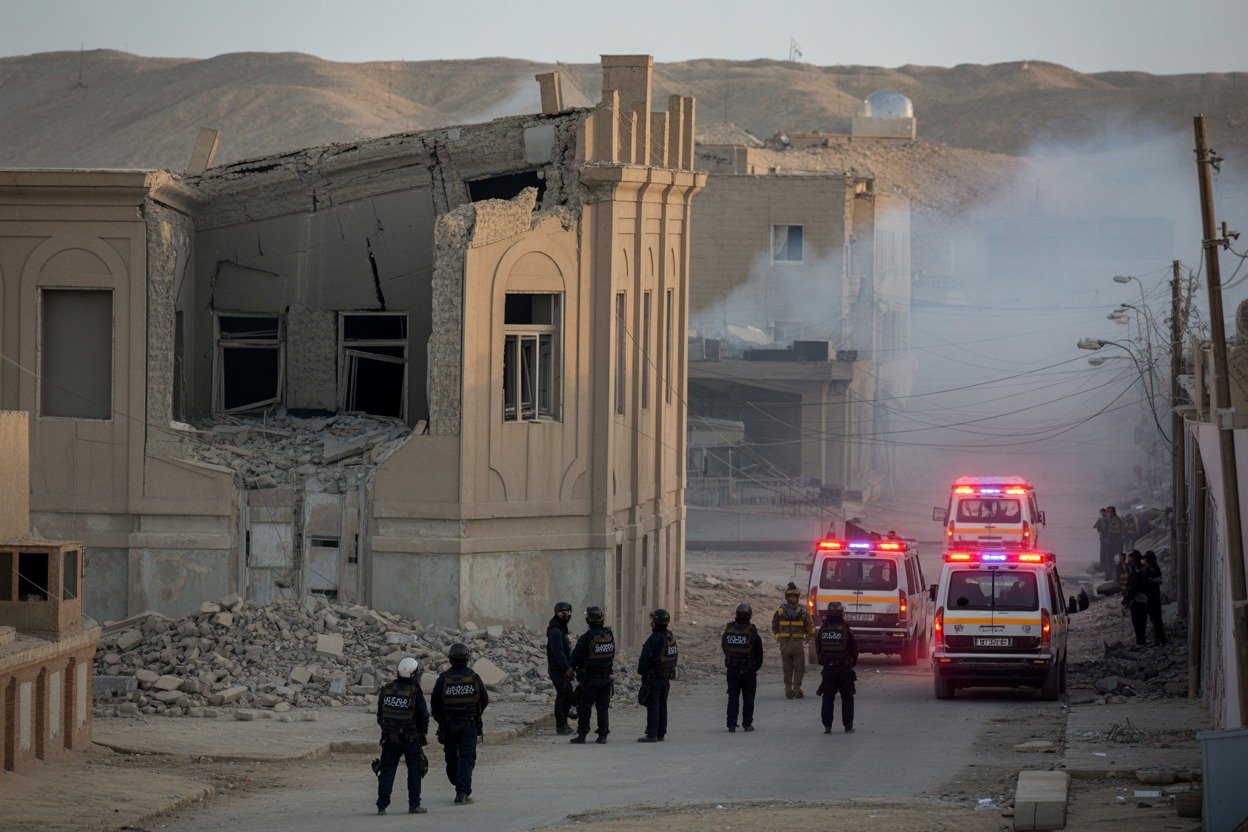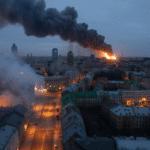- Home
- ScienceDiscover the latest updates from across the United States, including politics, culture, economy, and trending stories. Stay informed on the key events shaping the nation and the topics everyone’s talking about.
- EconomyOur Economy page provides comprehensive reporting on international financial systems, trade dynamics, development economics, and macroeconomic policy. Drawing on expert analysis and institutional data, we illuminate the interconnected nature of global markets and their real-world implications for governance and inequality.
- HealthWe examine global health issues through the lens of policy, access, equity, and innovation. From pandemics and healthcare infrastructure to mental health and biotechnological breakthroughs, our health reporting is rooted in empirical data, expert insight, and a commitment to understanding health as a cornerstone of human development.
- HistoryThis section revisits critical junctures in world history, emphasizing the relevance of historical events in shaping present-day global affairs. Through scholarly narratives and fact-anchored storytelling, we uncover the often-overlooked patterns, power structures, and human decisions that have left a lasting imprint on international relations and societies.
- PoliticsOur Politics section offers in-depth analysis of international political developments, ideological movements, and institutional shifts. With a focus on global governance, diplomacy, and geopolitical strategy, we provide nuanced reporting that transcends partisan narratives and situates events within their broader historical and structural contexts.
- War & ConflictThis section delivers meticulous coverage of international conflicts, civil wars, military strategies, and peace negotiations. We prioritize geopolitical context, long-term impact, and the role of state and non-state actors—eschewing sensationalism in favor of sober, historically informed analysis.
- TechnologyWe critically examine the global technology landscape—from artificial intelligence and cybersecurity to digital policy and ethical innovation. Our reporting focuses not just on what is being built, but why it matters: how technological change influences governance, economy, security, and human life on a planetary scale.
- Features
- Home
- ScienceDiscover the latest updates from across the United States, including politics, culture, economy, and trending stories. Stay informed on the key events shaping the nation and the topics everyone’s talking about.
- EconomyOur Economy page provides comprehensive reporting on international financial systems, trade dynamics, development economics, and macroeconomic policy. Drawing on expert analysis and institutional data, we illuminate the interconnected nature of global markets and their real-world implications for governance and inequality.
- HealthWe examine global health issues through the lens of policy, access, equity, and innovation. From pandemics and healthcare infrastructure to mental health and biotechnological breakthroughs, our health reporting is rooted in empirical data, expert insight, and a commitment to understanding health as a cornerstone of human development.
- HistoryThis section revisits critical junctures in world history, emphasizing the relevance of historical events in shaping present-day global affairs. Through scholarly narratives and fact-anchored storytelling, we uncover the often-overlooked patterns, power structures, and human decisions that have left a lasting imprint on international relations and societies.
- PoliticsOur Politics section offers in-depth analysis of international political developments, ideological movements, and institutional shifts. With a focus on global governance, diplomacy, and geopolitical strategy, we provide nuanced reporting that transcends partisan narratives and situates events within their broader historical and structural contexts.
- War & ConflictThis section delivers meticulous coverage of international conflicts, civil wars, military strategies, and peace negotiations. We prioritize geopolitical context, long-term impact, and the role of state and non-state actors—eschewing sensationalism in favor of sober, historically informed analysis.
- TechnologyWe critically examine the global technology landscape—from artificial intelligence and cybersecurity to digital policy and ethical innovation. Our reporting focuses not just on what is being built, but why it matters: how technological change influences governance, economy, security, and human life on a planetary scale.
- Features
Now Reading: Starlink Shutdown: Did Elon Musk Betray Ukraine?
-
01
Starlink Shutdown: Did Elon Musk Betray Ukraine?
- Home//
- Science//Discover the latest updates from across the United States, including politics, culture, economy, and trending stories. Stay informed on the key events shaping the nation and the topics everyone’s talking about.
- Economy//Our Economy page provides comprehensive reporting on international financial systems, trade dynamics, development economics, and macroeconomic policy. Drawing on expert analysis and institutional data, we illuminate the interconnected nature of global markets and their real-world implications for governance and inequality.
- Health//We examine global health issues through the lens of policy, access, equity, and innovation. From pandemics and healthcare infrastructure to mental health and biotechnological breakthroughs, our health reporting is rooted in empirical data, expert insight, and a commitment to understanding health as a cornerstone of human development.
- History//This section revisits critical junctures in world history, emphasizing the relevance of historical events in shaping present-day global affairs. Through scholarly narratives and fact-anchored storytelling, we uncover the often-overlooked patterns, power structures, and human decisions that have left a lasting imprint on international relations and societies.
- Politics//Our Politics section offers in-depth analysis of international political developments, ideological movements, and institutional shifts. With a focus on global governance, diplomacy, and geopolitical strategy, we provide nuanced reporting that transcends partisan narratives and situates events within their broader historical and structural contexts.
- War & Conflict//This section delivers meticulous coverage of international conflicts, civil wars, military strategies, and peace negotiations. We prioritize geopolitical context, long-term impact, and the role of state and non-state actors—eschewing sensationalism in favor of sober, historically informed analysis.
- Technology//We critically examine the global technology landscape—from artificial intelligence and cybersecurity to digital policy and ethical innovation. Our reporting focuses not just on what is being built, but why it matters: how technological change influences governance, economy, security, and human life on a planetary scale.
- Features//
- Home
- War & Conflict
- Starlink Shutdown: Did Elon Musk Betray Ukraine?
Starlink Shutdown: Did Elon Musk Betray Ukraine?
Sera KevilWar & ConflictJuly 25, 202527 Views

Did Elon Musk’s decision to shut down Starlink coverage in Ukraine in 2022 unintentionally aid Russia? As Ukraine pressed its counter‑offensive to reclaim cities like Kherson and Donetsk, a sudden outage ordered by Musk disrupted battlefield communications.
Kherson Incident
During Ukraine’s late September 2022 push, Elon Musk ordered a shutdown of Starlink service in key regions such as Kherson and parts of Donetsk. The outage stemmed from Musk’s concern that Ukrainian success might risk a Russian nuclear response. He reportedly consulted with U.S. officials before issuing the shutdown (Reuters).
A Ukrainian signals specialist confirmed troops lost critical connectivity, leaving drone units and artillery coordination blind for hours (Reuters). Thus, the interruption stalled Kyiv’s advance during a delicate counteroffensive, raising questions about private control over wartime infrastructure.
Starlink’s Military Role
In the early stages of the war, Ukraine relied significantly on Starlink for both civilian and military communication. When Kyiv requested activation in 2022, Elon Musk enabled the service within hours and began supplying terminals.
By 2023, more than 50,000 units were in use—backed financially by Poland, the U.S., and SpaceX (Reuters). Starlink enabled drone video feeds, battlefield coordination, administrative cloud access, and even civilian internet access.
Why would Musk shut down such a vital system?
His worry: escalating conflict into Russian nuclear retaliation. Reports say he feared Ukraine’s advance threatened Russia’s stability, and that using Starlink for drone attacks could provoke escalation (Irregular Warfare Initiative).
Musk told his biographer the Ukrainians “were going too far” and compared the potential strike to a “mini Pearl Harbor.” Thus, Musk chose to limit Starlink coverage in contested areas—even if it hindered battlefield gains.
Most Recommended:
Cambodia Thailand Border: 12 Dead, But Why?
Deir al Balah Attack: Gaza Ceasefire in Danger
Gaza: Dozens Killed Near Aid Sites by Gunfire
Did the shutdown help Russia?
In the immediate term, yes. Ukraine lost real‑time comms, drones failed mid‑operation, and encirclement goals collapsed (The Guardian, Reuters). Russian forces regained leverage during those hours. Troop coordination and targeting was interrupted.
Although Ukraine later liberated Kherson, the delay may have allowed Russia to reinforce defenses and reposition assets. Hence, Musk’s decision arguably gave Russia tactical breathing space during the counteroffensive.
Risk Of Over‑Dependency
This incident highlights the risk of over‑dependency on a private network for national security. Starlink was initially offered for free by SpaceX but later funding shifted to government support: Poland spent ~$89 million, U.S. DoD signed contracts (Reuters).
Experts warn reliance on one private provider can leave military operations vulnerable to unilateral decisions. Pentagon officials have since questioned how to ensure future contracts guarantee uninterrupted support in wartime (Vox, AP News).
Private Power in War
SpaceX’s dominance gave Elon Musk immense informal geopolitical influence. His silence or refusal to extend coverage—such as to Crimea—was dictated in part by U.S. sanctions on Russia.
His choices stirred frustration from Ukrainian leaders, including strong public remarks from Mykhailo Podolyak and others who said Musk’s decision cost lives (Irregular Warfare Initiative, belfercenter.org). Musk argued Starlink was civilian, and not meant for combat operations, despite battlefield reality.
Dependence and Alternatives
While Starlink remains a key tool for Ukraine, efforts are underway to find backup systems that could reduce overreliance on a single provider. EU satellite initiatives like GovSatCom and providers like Eutelsat are being evaluated (Business Insider).
However, these projects are slower to deploy and lack Starlink’s low-latency global infrastructure. Ukraine has urged development of localized backup systems to avoid falling into single‑vendor dependency traps.
Reflection on Strategic Fallout
The outage was not officially confirmed by Musk or SpaceX. He later tweeted, “Starlink will never turn off its terminals,” claiming political disagreement with Kyiv’s strategy but no intention to disable service (Reuters, The Kyiv Independent).
Yet internal sources say otherwise. Independent analysis stresses that private tech control poses risks when such systems underpin military capability.
Global military and policy experts now debate how to regulate and frame future public‑private communications contracts for conflict environments.





























